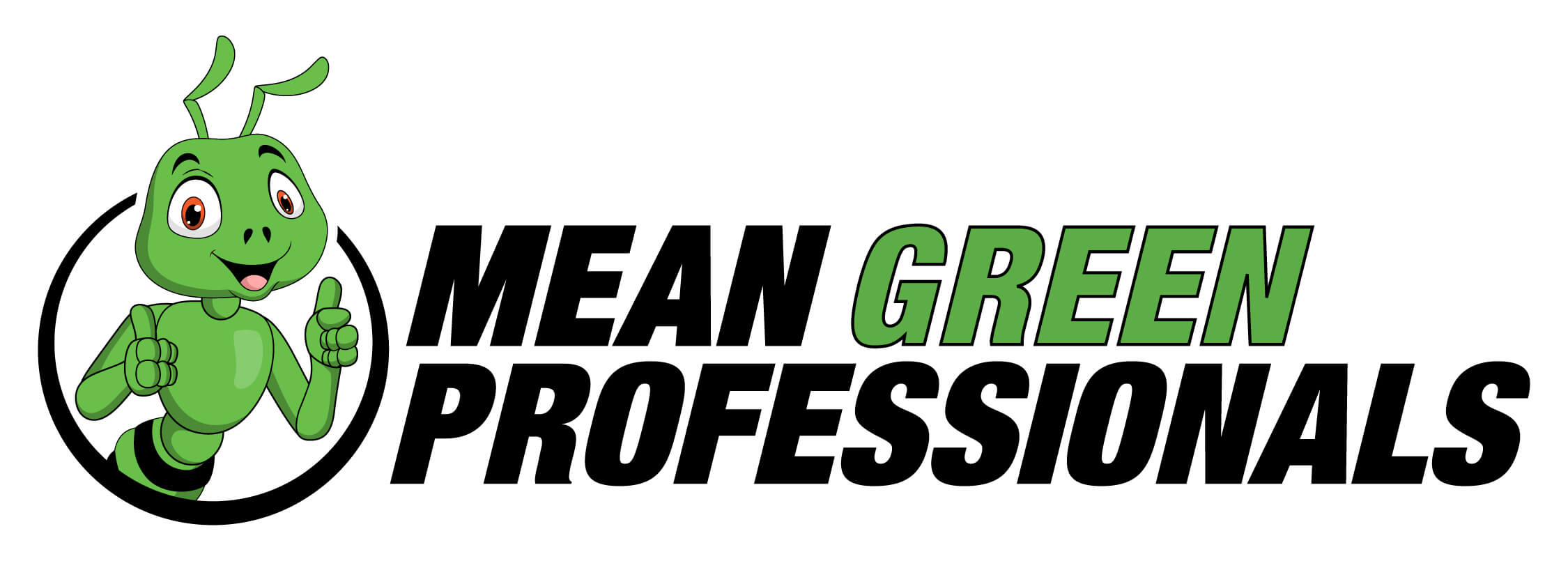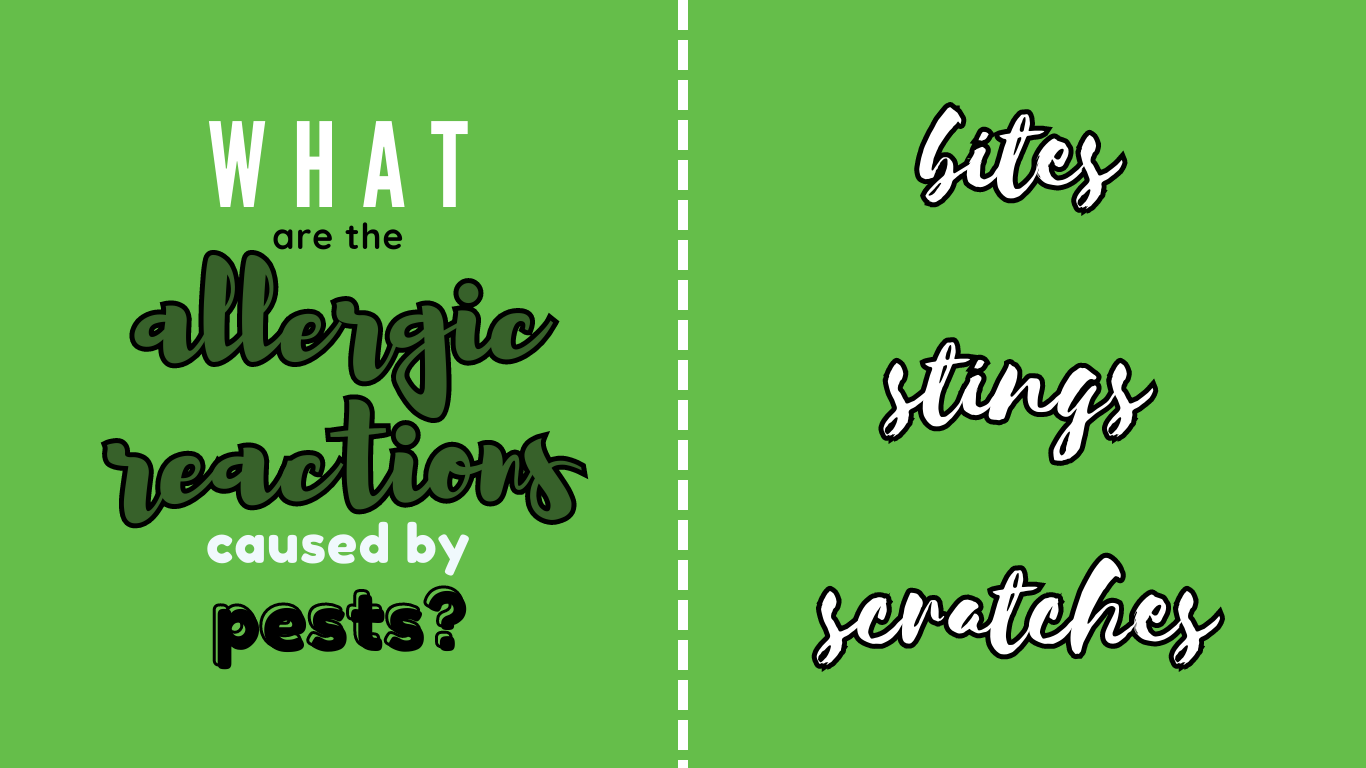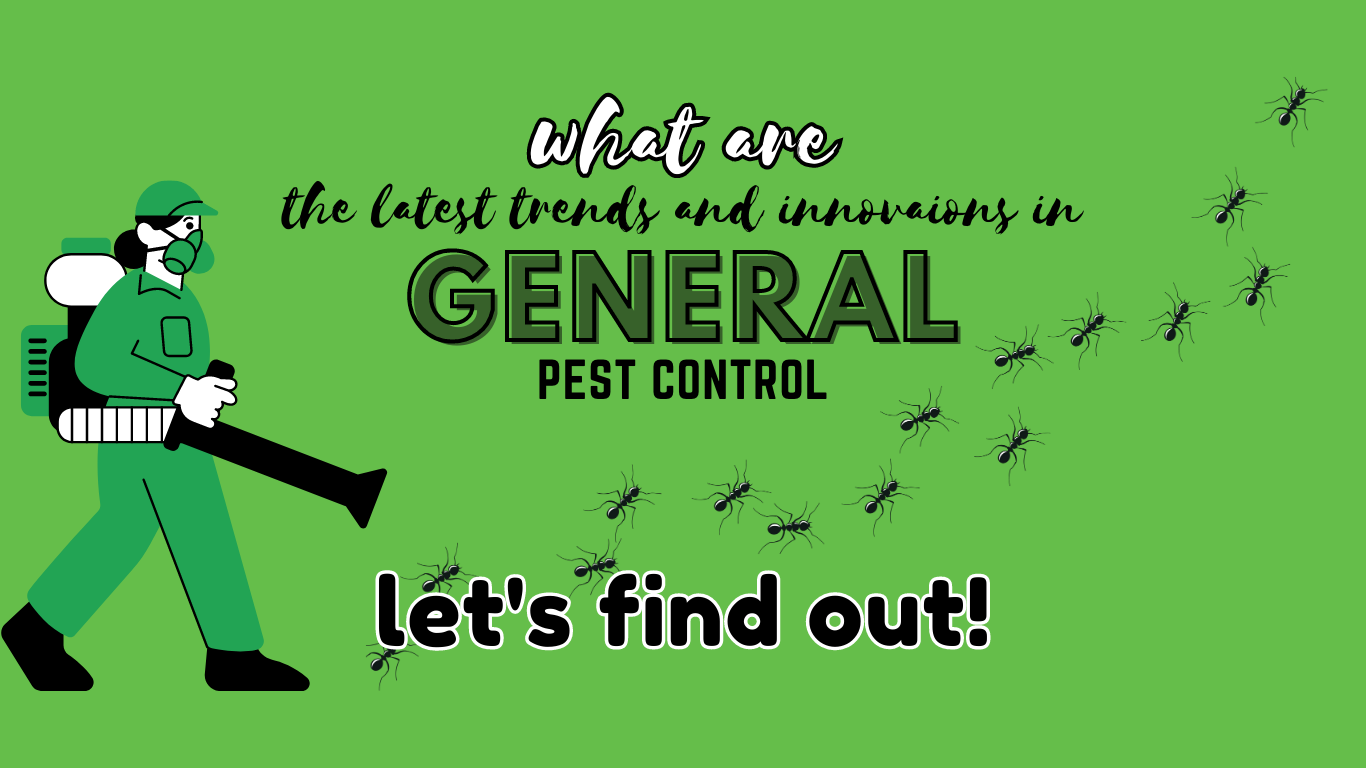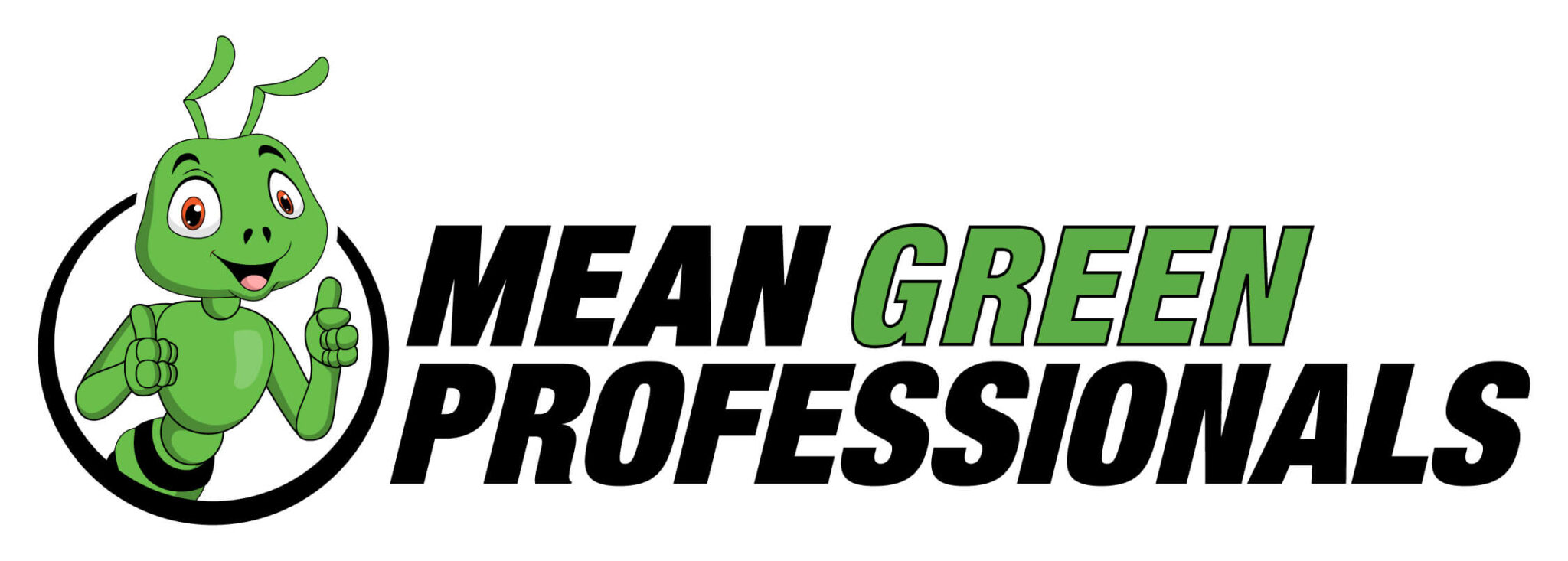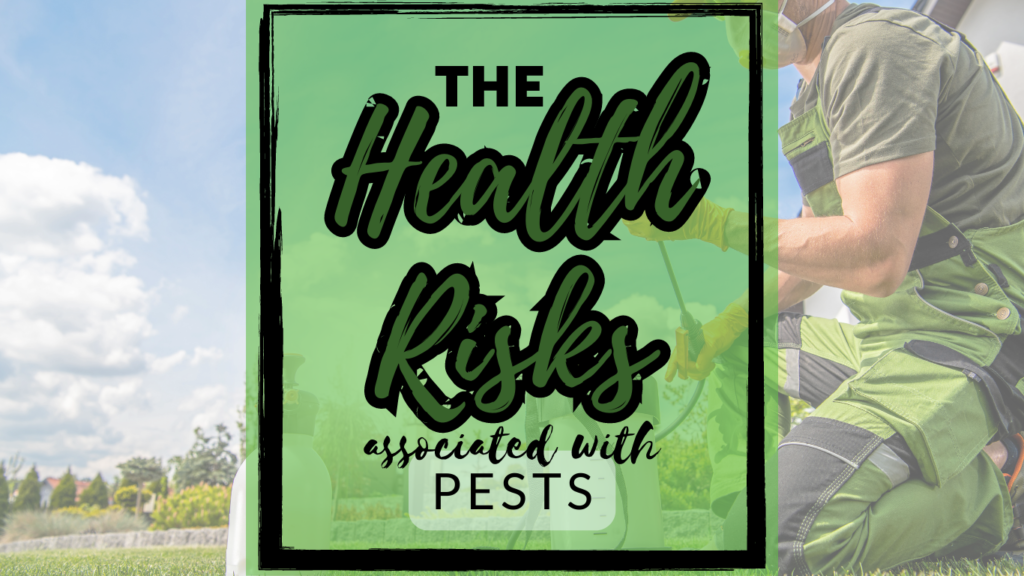
The health risks associated with pests cannot be overstated.
Still, pests may be disregarded as a health hazard, yet they can present considerable dangers to people in Smyrna, Tennessee.
In this blog post, we will explore the health risks associated with pests and discuss strategies to prevent them from adversely affecting your well-being.
We’ll begin by examining how pests transmit diseases such as salmonella, meningitis, Weil’s disease (leptospirosis), and Lyme disease.
Next, we’ll discuss allergic reactions triggered by pest-related allergies and insect bites or stings.
Moving forward, we will analyze how exposure to certain pests may aggravate pre-existing health conditions like asthma or respiratory issues caused by cockroach allergens.
Additionally, the mental health impacts of pest infestations will be explored, including insomnia due to stress from dealing with these unwelcome guests in our homes.
Finally, we’ll emphasize the importance of professional pest control services in identifying early signs of a pest infestation and ensuring 100% eradication while safeguarding your family’s health through expert extermination techniques.
Table Of Contents:
- Health Risks Associated with Pests
- Disease Transmission by Rodents
- Insect-Transmitted Diseases in Residential Areas
- Allergic Reactions Caused by Pests
- Impact on Pre-existing Health Conditions
- Common Pests and Their Health Risks
- Importance of Professional Pest Control Services
- Latest Trends and Innovations in General Pest Control
- FAQs in Relation to Health Risks Associated With Pests
- General pest control services play a crucial role in protecting your health and home by effectively eliminating pests, reducing the risk of diseases, and creating a safe living environment for you and your family.
Health Risks Associated with Pests
As a pest control expert, it’s important to understand the health risks associated with common pests.
Pests have the potential to spread diseases due to their habits of urinating, dropping the fecal matter, and shedding skin/fur around your home.
This can lead to serious health problems for humans.
Disease Transmission by Rodents
One of the most notorious pests for spreading diseases is rodents.
They can transmit up to 35 different diseases, including salmonella, meningitis, Weil’s disease (leptospirosis), and Lyme disease.
Common Diseases Transmitted by Rodents
- Hantavirus: A potentially fatal respiratory illness transmitted through contact with rodent urine or droppings.
- Rat-bite fever: An infection caused by bacteria found in rodents’ mouths that can be contracted through bites or scratches.
- Bubonic plague: Though rare today, this deadly bacterial infection was historically transmitted via fleas on rats.
Insect-Transmitted Diseases in Residential Areas
Residential areas can be heavily impacted by the transmission of diseases through insect vectors such as mosquitoes and ticks.
Some common insect-transmitted diseases include:
- Malaria: caused by a parasite transmitted through mosquito bites.
- Zika virus: another mosquito-borne illness linked to birth defects.
- Lyme disease and Rocky Mountain spotted fever: tick-borne illnesses.
It’s important to contact a pest controller if you suspect a pest infestation in your home.
Protecting your home from pests is crucial for maintaining human health and preventing the spread of diseases.
Allergic Reactions Caused by Pests
Many people experience allergies related to insects or rodents, which can be triggered by bites or stings from these creatures.
Scratching at these irritated areas can lead to them becoming infected if not properly treated.
Bees and wasps carry the threat of stinging you, which could potentially result in severe cases like anaphylactic shock – a life-threatening condition requiring immediate medical attention.
Identifying Common Pest-Related Allergens
Some common pests that may cause allergic reactions include cockroaches, dust mites, bed bugs, and certain types of ants.
These allergens are typically found in their fecal matter, saliva, or body parts left behind after molting.
It is essential to recognize the signs of an allergic reaction caused by pests so that appropriate action can be taken promptly.
- Cockroach allergy: Symptoms may include sneezing, itchy eyes, and nose, coughing, wheezing, and skin rashes.
- Dust mite allergy: Similar symptoms as cockroach allergy but also includes nasal congestion.
- Bed bug bites: Reddish bumps on the skin with intense itching, sometimes accompanied by swelling around the bite area.
- Insect sting allergies (bees or wasps): Painful red bump at sting site followed by hives or rash elsewhere on the body; difficulty breathing or swallowing; rapid pulse; dizziness or fainting; chest pain or tightness;
Tips for Avoiding Insect Bites and Stings
Prevention is key when it comes to avoiding insect bites and stings. Here are some helpful tips:
- Avoid wearing bright colors or floral patterns, as they can attract insects.
- Use unscented personal care products since fragrances can also draw in pests.
- Keep food covered outdoors and clean up spills immediately to avoid attracting insects.
If you suspect a pest infestation in your home that may be causing allergic reactions, contact the professionals at Mean Green Pest Pros for effective pest control solutions tailored to your needs.
Our eco-friendly approach ensures that we eliminate common pests without harming human health or the environment.
Pests can cause allergic reactions through bites or stings, leading to infections if not treated. Cockroaches, dust mites, bed bugs, and ants are common allergens found in their fecal matter, saliva, or body parts left behind after molting. Prevention is key in avoiding insect bites and stings by wearing unscented personal care products and keeping food covered outdoors.
Impact on Pre-existing Health Conditions
Pests also pose risks for individuals with pre-existing health conditions such as asthma – especially among young children who have sustained exposure coupled with a family history of this respiratory ailment.
In fact, cockroaches produce allergens that trigger asthmatic symptoms upon inhalation over time.
How Pests Aggravate Asthma Symptoms
- Rodent dander: Mice and rats shed tiny particles of skin, hair, and urine, which can become airborne and cause allergic reactions or worsen existing respiratory issues like asthma.
- Insect droppings: Cockroach feces contain proteins that are known to be potent allergens. When these particles become airborne, they can exacerbate asthma symptoms in sensitive individuals.
- Dust mites: These microscopic creatures thrive in warm, humid environments like bedding and carpets. Their waste products are another common source of indoor allergens that can trigger or worsen asthma attacks.
Other Health Conditions Affected by Pest Presence
Beyond the impact on those suffering from asthma, pests can also affect people living with other chronic illnesses or compromised immune systems. For example:
- Allergies: The same allergens produced by rodents and insects may cause sneezing, itching eyes, nose, or throat, as well as nasal congestion for allergy sufferers.
- Eczema: Pest-related allergies could potentially exacerbate eczema flare-ups due to increased inflammation within the body caused by an overactive immune response.
- Autoimmune diseases: Autoimmune diseases such as lupus and rheumatoid arthritis can be exacerbated by allergens from pests since these conditions involve an already heightened immune system activity.
In order to protect your health and the well-being of those around you, it’s essential to address any pest infestations promptly.
For professional assistance in eliminating common pests from your home, consider contacting Mean Green Pest Pros, an eco-friendly pest control service located in Smyrna, Tennessee.
Pests can pose health risks, especially for individuals with pre-existing conditions like asthma. Rodent dander, insect droppings, and dust mites are common sources of indoor allergens that worsen respiratory issues. It’s crucial to address pest infestations promptly to protect your health and well-being.
Common Pests and Their Health Risks
Some of the most common pests and the health risks they pose include:
- Bed Bugs: These pests feed on human blood and can cause itchy, red bites. While they are not known to transmit diseases, their presence can lead to anxiety and sleep disturbances.
- Rodents: Mice and rats can carry diseases such as Hantavirus and salmonella. They can also contaminate food and cause damage to property.
- Ticks: These pests can transmit Lyme disease, which can cause fever, fatigue, and joint pain.
Protecting Your Health from Pest Infestations
It is essential to take steps to protect your health from pest infestations. Here are some tips:
- Practice good hygiene: Keep your home clean and tidy to reduce the chances of attracting pests.
- Seal entry points: Seal any cracks or gaps in your home’s exterior to prevent pests from entering.
- Seek professional help: If you suspect a pest infestation, contact a professional pest controller like Mean Green Pest Pros to eliminate the problem safely and effectively.
Pests can pose significant health risks, including itchy bites and the transmission of diseases like hantavirus, salmonella, and Lyme disease. To protect yourself from infestations, practice good hygiene, seal entry points in your home’s exterior to prevent pests from entering, and seek professional help if necessary. Mean Green Pest Pros offers eco-friendly pest control services to keep your home safe and healthy.
Importance of Professional Pest Control Services
Given all the potential hazards associated with having pests inside one’s living space, it is imperative that professional pest control services be sought out promptly once signs indicative of an infestation become apparent.
Mean Green Pest Pros, located in Smyrna, Tennessee, offers a 100% eradication guarantee to help protect the health and well-being of their clients by effectively eliminating insects and rodents from homes.
Identifying Early Signs of Pest Infestations
- Rodent droppings: Look for small dark pellets around your home, as they are a clear indication of rodent presence.
- Insect bites or stings: Unexplained red marks on your skin may suggest insect activity within your residence.
- Nesting materials: Shredded paper or fabric could indicate nesting sites for pests like mice or rats.
- Peculiar odors: Musty smells can signify the presence of cockroaches, while ammonia-like scents might point toward rodent urine.
If you notice any such signs, do not hesitate to contact a professional pest controller immediately.
Delaying action will only allow the infestation to worsen and pose greater risks to human health.
How Mean Green Pest Pros Can Safeguard Your Home
The team at Mean Green Pest Pros specializes in eco-friendly pest control solutions that prioritize both effectiveness and safety.
Their organic treatments harness natural insect-repelling properties instead of relying on dangerous chemical insecticides like pyrethrum.
Some benefits include:
- A safer environment for children and pets due to reduced exposure to harmful chemicals.
- Minimized risk of allergic reactions caused by chemical insecticides.
- By enlisting the help of Mean Green Pest Pros, you can safeguard your family’s health from a variety of pests, such as bed bugs and rodents that may carry Lyme disease.
Contact Mean Green Pest Pros today for a comprehensive inspection and customized treatment plan designed to keep your home pest-free while safeguarding the health of you and your loved ones.
Professional pest control services are important to safeguard the health and well-being of homeowners from potential hazards associated with pests. Early signs of infestations include rodent droppings, insect bites or stings, nesting materials, and peculiar odors. Mean Green Pest Pros offers eco-friendly pest control solutions that prioritize effectiveness and safety by harnessing natural insect-repelling properties instead of relying on dangerous chemical insecticides like pyrethrum.
Latest Trends and Innovations in General Pest Control
Stay informed about the latest trends and innovations in the field of general pest control to ensure you are taking advantage of cutting-edge solutions for protecting your home against unwanted intruders.
Environmentally Friendly Pest Control Options
Eco-friendly pest control has become increasingly popular as more people recognize the importance of minimizing their environmental impact.
One such company, Mean Green Pest Pros, uses all organic ingredients with natural insect-repelling properties instead of dangerous chemical insecticides like pyrethrum.
Some other environmentally friendly options include:
- Biocontrol agents: These are beneficial insects or microorganisms that help manage pests by either preying on them or disrupting their reproductive cycle.
- Natural repellents: Plant-based oils, such as citronella, eucalyptus, and lemongrass oil, have been proven effective at repelling various types of insects without causing harm to humans or pets.
- Mechanical traps: Devices like fly swatters, sticky traps, and light traps offer non-toxic ways to catch pests without using harmful chemicals.
Innovative Techniques for Long-lasting Protection
Advances in technology have resulted in the development of cutting-edge techniques which can provide sustained defense against typical pests while reducing any health hazards related to traditional pest control approaches.
Some examples include:
- Sentinel devices: These electronic gadgets use ultrasonic waves to deter rodents from entering your home by creating an uncomfortable environment for them.
- Heat treatments: A non-toxic and eco-friendly option for eliminating bed bugs, heat treatments involve raising the temperature of an infested area to a level that is lethal to these pests but safe for humans and pets.
- Pest-resistant building materials: Incorporating pest-resistant materials like steel mesh or copper wool into your home’s construction can help prevent rodents from gaining access in the first place.
By staying informed about the latest trends and innovations in general pest control, you can ensure a healthier living environment while minimizing potential health risks associated with common pests such as bed bugs and Lyme disease.
Stay ahead of the game with the latest trends and innovations in general pest control to maintain a healthy living environment. Eco-friendly options such as biocontrol agents, natural repellents, and mechanical traps can help minimize environmental impact while innovative techniques like sentinel devices, heat treatments, and pest-resistant building materials offer long-lasting protection against common pests without using harmful chemicals.
FAQs in Relation to Health Risks Associated With Pests
What are the health problems caused by pests?
Pests can cause various health issues, including disease transmission, allergic reactions, aggravation of pre-existing conditions, and mental health impacts.
Some common diseases transmitted by pests include salmonella, meningitis, Weil’s disease (leptospirosis), and Lyme disease. Allergic reactions may occur due to insect bites or exposure to pest allergens like cockroach debris.
What pest carries the most diseases?
Rodents such as rats and mice are considered some of the most significant carriers of diseases that affect humans.
They can transmit harmful pathogens through their urine, feces, saliva, or direct contact with contaminated surfaces.
Common rodent-borne illnesses include hantavirus pulmonary syndrome (HPS), leptospirosis (CDC), rat-bite fever, and bubonic plague.
Can pests harm us mentally or physically?
Yes, pests can negatively impact both our mental and physical well-being.
Physically they can transmit diseases or trigger allergies; mentally, they contribute to stress levels in affected individuals leading to insomnia and anxiety disorders.
The presence of a persistent infestation may also exacerbate existing psychological conditions.
What are the pests that affect human beings?
Various types of insects and rodents pose risks for humans:
- Rodents – Rats & Mice
- Insects – Cockroaches & Ants
- Biting Insects – Mosquitoes & Ticks
- Flying Insects – Bees & Wasps
These pests can transmit diseases, cause allergic reactions, and negatively impact mental health. Professional pest control services like Mean Green Pest Pros help protect your family’s health by eliminating these threats.
General pest control services play a crucial role in protecting your health and home by effectively eliminating pests, reducing the risk of diseases, and creating a safe living environment for you and your family.
In conclusion, pests can pose serious health risks to individuals and families.
They can transmit diseases such as salmonella, meningitis, Weil’s disease (leptospirosis), and Lyme disease.
Pest exposure can also trigger allergic reactions and aggravate pre-existing health conditions like asthma. Mental health impacts include stress, anxiety, and insomnia.
It is essential to engage professional pest control services in order to detect any indications of infestations and safeguard your family’s health through elimination measures.
Mean Green Pest Pros offers a 100% eradication guarantee for peace of mind.
If you’re concerned about the health risks associated with pests in your home or business, contact Mean Green Pest Pros today for expert extermination services.
Our experienced pest controllers can help you get rid of common pests like bed bugs and prevent future pest infestations that can harm human health.
